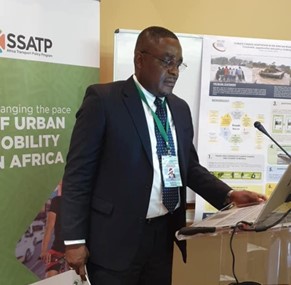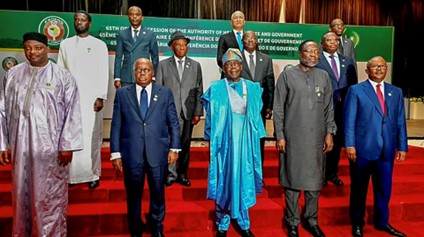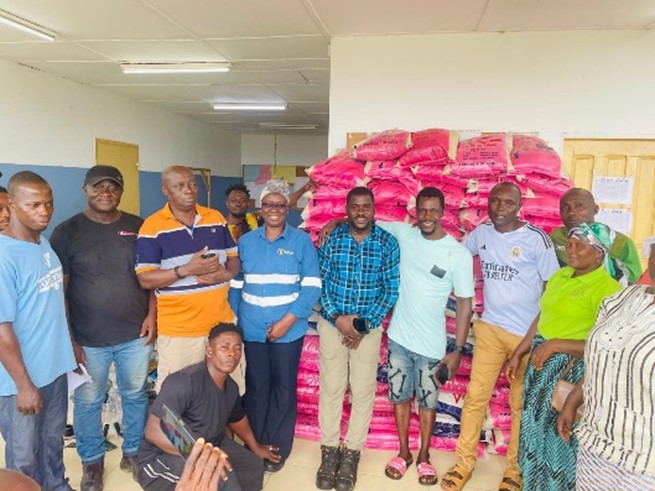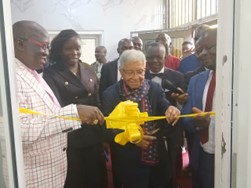The former Chief Executive Officer (CEO) of the National Road Fund (NRF), Boniface D. Satu, has predicted that fuel levy revenue of US$0.25 on gallons of petroleum product may dry out soon due to several underlining factors, recommending the need for effective and efficient additional road user charges mobilization for road maintenance and road construction.
Satu disclosed that many road funds in Africa are working towards alternative road user charges because the traditional revenue, which is “fuel levy”, is being challenged due to electric vehicles, fuel efficiency vehicles and global economic challenges, and Liberia is no exception. He emphasized that Liberia will experience decrease in fuel levy collection, as fuel levy is the only financing source for road network in the country.
According to him, the decrease in generator use due to electricity expansion in the country, importation of fuel efficiency vehicles, production of electric vehicles and global economic challenges have contributed hugely to the reduction in the use of petroleum products, which points to the eminent drying out of road funds if other possibilities are not sort out.
“Considering these potential challenges on $0.25 fuel levy collection by Liberia Revenue Authority (LRA), it is extremely important that the Liberian government considers alternative resources mobilization like yesterday; if not, we will not have sufficient funds to finance and maintain our road network,” the former road fund boss observed.
Satu said for the last six years the government has not been able to provide additional funding from the national budget for road financing except for the US$0.25 fuel levy collection, which is expected to decrease gradually; as such, the current funds for road maintenance, periodic and routine maintenance and road rehabilitation is inadequate for financing road network. He said the government has been using the funds mainly for road rehabilitation and construction, ignoring routine and periodic maintenance, which he said will increase the cost of maintaining the road network. “Approximately 60% of our road network is in poor condition and less than 15% is paved,” he pointed out.
“Surveys show that adequately maintaining road infrastructure is essential to preserve and enhance those benefits of sustainable road infrastructure. But a backlog of outstanding maintenance causes irreversible deterioration of the road network. If insufficient maintenance is carried out, roads can need replacing or major repairs after just a few years. That deterioration spread across a road system very quickly results in soaring costs and a major financial impact on the economy and citizens,” he quoted highway.com.
He underscored that it is extremely important to focus on sustainable approaches to road maintenance, which offers a pathway towards resilient, environmentally conscious transportation infrastructure that meets the needs of present and future generations.
“By embracing sustainable practices, leveraging innovative technologies, and fostering collaboration among stakeholders, transportation agencies can enhance infrastructure performance, minimize environmental footprint, and promote social equity in road maintenance operations. As the world confronts unprecedented challenges in the 21st century, sustainable road maintenance serves as a beacon of hope, resilience, and progress, forging a path towards a more sustainable and prosperous future for the country,” he added.







